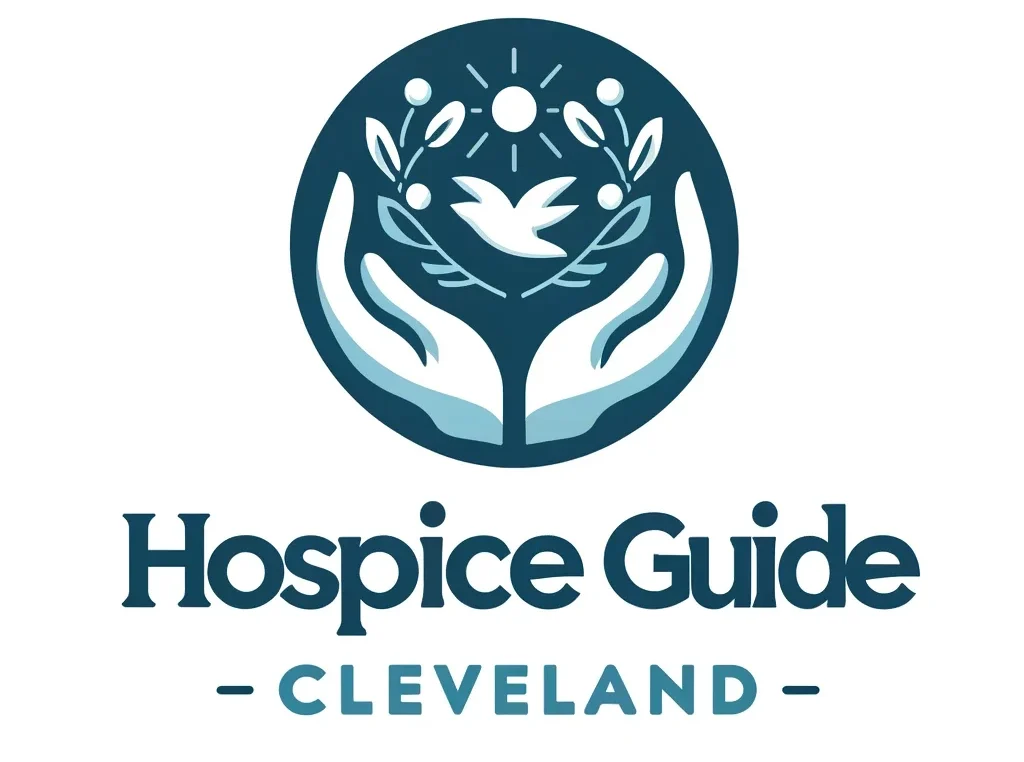Hospice care provides specialized support for individuals facing life-limiting illnesses, ensuring comfort and dignity at the end of life.
A key component of this compassionate care framework is the availability of 24/7 support.
This round-the-clock assistance is designed to address the unpredictable nature of end-of-life situations, where patient needs can change rapidly and crisis can occur at any hour.
The continuous presence of hospice support offers both patients and their families the reassurance that medical, emotional, and spiritual needs will be met whenever they arise.

The provision of 24/7 hospice support encompasses a multidisciplinary team approach.
Nurses, physicians, social workers, and spiritual care providers work together to create a holistic plan that respects the patient’s wishes and values.
Through this constant availability, hospice care teams ensure that pain and symptom management are promptly addressed, reducing anxiety and stress for the patient.
The 24/7 nature of hospice support also significantly alleviates the burden on family caregivers, who can rest assured that professional help is just a phone call away, regardless of the time of day or night.
As hospice care prioritizes the quality of life, the 24/7 support system plays a crucial role in delivering tailored services that accommodate the unique needs of each patient.
Whether it is managing medication dosages, providing companionship, or offering guidance on caregiving techniques, hospice staff are prepared to respond to a wide variety of patient requirements at all times.
This flexibility and responsiveness are fundamental to the hospice philosophy of fostering peace and comfort during life’s final chapter.
Comprehensive Hospice Care Services

Hospice care provides a multidimensional approach to end-of-life care, prioritizing comfort and support for patients and their families. Services are tailored to the specific needs of individuals with terminal illness, ensuring compassionate and professional care.
Personalized Care Plans
Each patient receives a personalized care plan that addresses their unique situation.
Care plans may involve managing symptoms of diseases such as cancer or dementia and always take into account the patient’s preferences and goals.
Medical and Pain Management
Professionals administer medication and other treatments to manage pain and discomfort effectively.
Medical supplies and support are available to ensure patients remain comfortable.
Emotional and Spiritual Support
Emotional and spiritual well-being is essential.
Social workers and counselors provide spiritual support and emotional counseling to patients, creating a nurturing atmosphere during this challenging time.
Around-the-Clock Availability
Services include 24/7 support, ensuring that medical and emotional assistance is always at hand, whether at a patient’s home or a nursing facility, for unexpected needs or crises.
Family and Caregiver Education
Education for family members and caregivers equips them with the necessary skills to support the patient.
Training covers care techniques and coping strategies for grief and stress.
Insurance and Cost Management
The hospice team assists with navigating insurance coverage options, including Medicare, Medicaid, and private insurance, to manage out-of-pocket costs effectively.
Dedicated Team of Professionals
Licensed professionals such as hospice nurses and social workers collaborate to provide exceptional care.
This team is trained to address the complex needs of vulnerable patients and families.
Enhanced Quality of Life
The aim is to enhance the quality of life for those with terminal illness.
This involves creating a comfortable environment and ensuring patients can spend time as they wish, with dignity.
Community Outreach and Support
Outreach programs engage the community and offer services including free consultations, support groups, and bereavement support, extending care beyond the patient to the community.
Support for Specific Patient Groups
Hospice caters to diverse patient groups, with special programs for veterans or those with chronic illness.
Vulnerable groups receive compassionate care tailored to their specific circumstances.
The Hospice Care Experience
The hospice care experience is fundamentally about providing compassionate and professional care to patients with serious illnesses in the latter stages of their lives. It emphasizes comfort and quality of life rather than curative treatments.
Understanding the Hospice Philosophy
Hospice care operates on a philosophy that respects the dignity and wishes of the patient.
It prioritizes comfort and quality of life by managing pain and other symptoms.
Care teams consist of various professionals who work together to support the patient’s physical, emotional, and spiritual needs.
This approach recognizes that life expectancy is limited and that the end-of-life journey should be handled with deep respect and sensitivity.
Navigating the Decision-Making Process
Choosing hospice care often comes at a difficult juncture for families and patients grappling with heart failure or other serious illnesses.
The decision-making process involves clear communication and a supportive network.
Families and patients are informed about the benefits of hospice, which includes 24/7 support and the creation of a personalized care schedule.
Emphasis is put on patient autonomy, allowing them to make decisions that align with their values and concerns.
Testimonials and Family Feedback
Testimonials from patients and families often highlight the trust and sincerity found within the hospice experience.
Positive feedback frequently comments on the gentle touch and attentive care provided, asserting that their loved ones felt respected and valued.
Negative feedback, conversely, serves as a crucial opportunity for improvement and learning.
| Feedback Type | Patient/Family Remarks |
|---|---|
| Positive | “Care teams were always compassionate.” |
| Negative | “We had issues with contact outside office hours.” |
Continuous Improvement and Professional Development
Hospice care providers emphasize continuous improvement through professional development.
By reflecting on the family feedback and testimonials, they adapt and enhance their services.
Educational initiatives focus on developing skills that fortify the provider’s ability to offer empathetic and responsive care, ensuring they meet the varied needs of patients and families consistently.
Regular training updates ensure that all members of the hospice team have the latest information relevant to their roles in patient care.
Frequently Asked Questions
In this section, readers will find specific answers to common questions about 24/7 hospice care.
How is 24/7 hospice care administered at home?
Hospice care provided around the clock at home involves a team of healthcare professionals who work in shifts to ensure the patient receives continuous care.
This includes managing pain, monitoring vital signs, and providing emotional support.
What are the costs associated with 24-hour in-home hospice care?
The cost varies depending on the level of care required and the hospice provider, but typically includes medical services, medications related to the hospice diagnosis, supplies, and equipment.
Insurance coverage such as Medicare can influence the out-of-pocket expenses.
How often do hospice professionals visit in the last week of life?
During the last week of life, hospice professionals may increase their visits to provide more intensive care.
The frequency of visits is tailored to the patient’s needs and can vary from several times a day to once every few days.
Is 24-hour at-home care typically covered by hospice benefits?
Many hospice benefits, including those provided by Medicare, Medicaid, and some private insurance plans, cover 24-hour at-home care.
Coverage is generally for care related to the hospice diagnosis, not for round-the-clock custodial care.
What financing options are available for in-home hospice care?
Financing options for in-home hospice care include Medicare, Medicaid, private insurance, and out-of-pocket payment.
Some patients may also qualify for financial assistance from nonprofit organizations or charitable foundations.
What are the different types of care services provided by hospice?
Hospice care services are diverse and may include pain and symptom management, emotional and spiritual support, assistance with daily activities, and counseling for the patient and family.
The care focuses on comfort rather than curing an illness.

